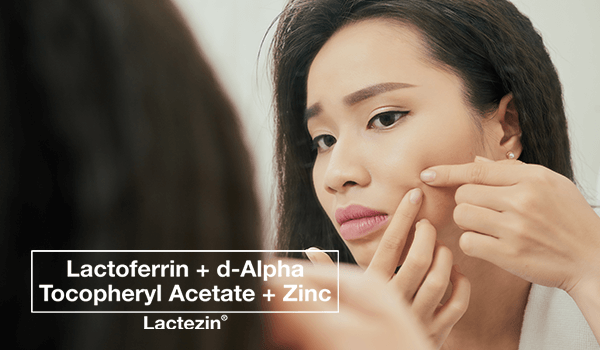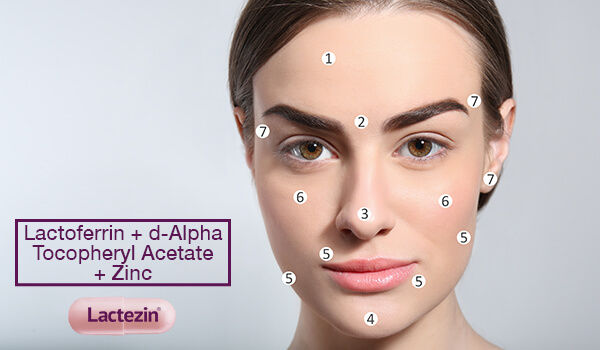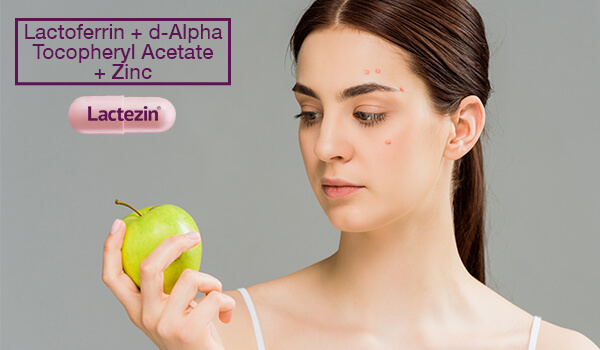Why Your Acne Treatments May Not Be Working

The thing with the whole acne treatment process is that it can be a test of patience.
For one, there’s having to choose from a whole selection of products out in the market designed to help individuals with acne-prone skin. Then there’s actually incorporating them into your routine but then for some reason, they’re not giving you the results you hoped for, which can be incredibly frustrating.
So what gives? As it turns out, there may be several reasons why your acne treatments may not be delivering. Here are some questions to help you re-evaluate your acne routine, plus some tips on how to make your products work for you:
Are you overusing products?
When it comes to treating pimples, you may think that the more products you bombard your skin with, the better. Maybe you’re using treatment pads more than twice a day, or using a salicylic acid cleanser on top of a facial scrub, plus a whole slew of products that you want to experiment on. You may want to hold off on those; too much can actually worsen your skin.
Expert advice says you shouldn’t be using more than one salicylic or benzoyl peroxide product on your face at a time and definitely not in tandem with Retin-A (tretinoin) or prescribed products. So that means you don’t incorporate salicylic acid products in every step of your routine– this can only aggravate your skin.
Also, certain ingredients in different products may cancel each other out, so be sure to double-check your ingredients list and spot test before jumping in.
How long have you stuck with your routine?
Usually, we expect that pimples will stop forming immediately after starting treatment but in reality, you will still get new breakouts even after the initial use. This doesn’t necessarily mean that your product is not effective. Inflamed skin takes time to heal. With continued use, you will probably notice your acne getting smaller and healing faster. This is a sign that the treatment is working.
So allow yourself around 4 to 6 weeks of a regimen before you give up and try a new treatment.
Also, if you find a routine that works, don’t go cold turkey and drop your whole routine once the worst of your breakouts are over. This may cause your acne to flare up again. Once skin clears up, try to keep up the regimen for a while, then slowly taper off.
Are you keeping healthy habits?
Your acne products can only do so much. Acne management requires a more holistic approach.
Your lifestyle and your habits actually have a big impact on your skin’s health. What you eat, how active you are, your stress levels, and how you sleep are just some factors you need to consider. You may not even realize that you could be guilty of certain habits that can cause pimples.
Take a step back and re-evaluate your habits and improve on them a day at a time. Coupled with a good skincare routine, you’re on your way to clearer, healthier skin.
Are you using the right treatment?
Unfortunately, not all products will work for everyone. If you have stuck with a routine for at least 10 to 12 weeks and still haven’t seen noticeable changes, you may need to try a new product or medication.
If you are going the oral medication route, be sure to consult with your doctor on a treatment plan that works for you.
Do you apply products on clean skin?
Simply put, the cleaner your skin is, the easier it is for spot treatments and other products to penetrate your pores. So before you apply your spot treatments, start with a clean canvas. Wash your face with a gentle cleanser and be sure to exfoliate 1-2 times a week (with a gentle exfoliator, of course).
Are you using your products correctly?
The way you use your skincare products is just as important as what goes into them. For example, the order in which you apply your skincare is really important. If you don’t layer your products in the right way, or if you use the wrong moisturizer with, say, the wrong toner, you could render them ineffective or worse, irritate your skin even further.
Note: If you are using Lactoferrin + d-Alpha Tocopheryl Acetate + Zinc (Lactezin) to help treat acne, be reminded that it has to be taken correctly in order to get the best results. To guide you on your acne treatment journey, here is a helpful guide on how to take Lactezin correctly.


